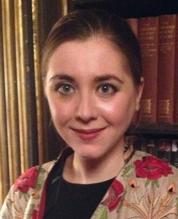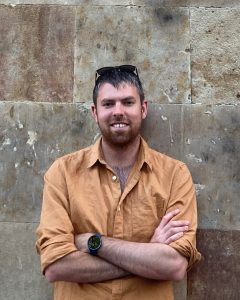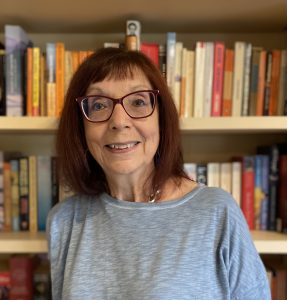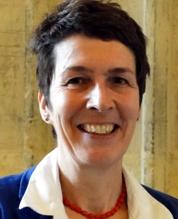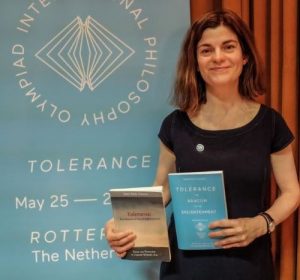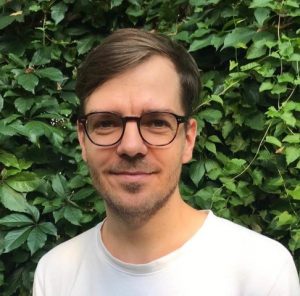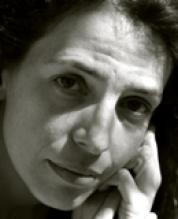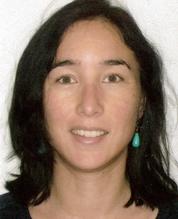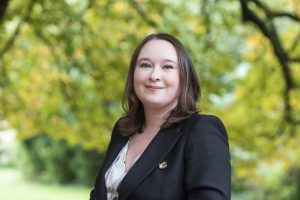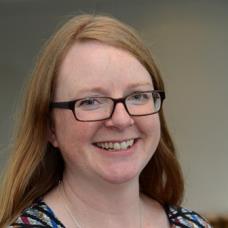About the Course
This course allows you to study subjects in history and a European language which relate to each other significantly.
An interest in 19th-century French literature, for example, might be reinforced by the study of French and European historical options in the same period, or an interest in medieval Italian history can be enriched by a study of Dante. Not only can the literature be related to its historical context, but the agenda of the historians can be reassessed by engagement with literary methods. Your week’s work will include tutorials in History and the language you study, language classes involving different skills and about three or four lectures. You will prepare essays for your weekly tutorials.
First Year
Students study four papers relating to their chosen language and two papers on History, on which they are examined in June at the end of their first year. Further information on the choice of papers available can be viewed here.
The year abroad
All Modern Languages courses and Joint Schools with Modern Languages last for four years, including a year abroad after the second year. A common pattern is for students to spend their year abroad as Assistants, working in a school in the country of their choice. This offers experience of working in the country, and it is organised through a scheme run by the British Council. Students may also spend the year at a university abroad; this is discussed thoroughly with the tutors in Modern Languages, and students are responsible for making arrangements themselves. Students normally stay in one country throughout the year, but if they are studying two languages, they are advised to spend periods in the country of their other language during vacations. The College has an exchange scheme with the University of Trier, which accommodates one student a year. All undergraduate members of the College are eligible to apply for this.
The Later Years
Students combine a variety of options from the parent subjects, deepening their literary and historical sensibilities. Study for the final examinations is punctuated by the year abroad during which students have an opportunity to hone their language skills by working overseas. For the latest information on all course details and options see the History and Modern Languages websites.

